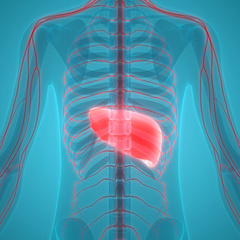8 Sep 2020
Combining PCR and antibody tests at point of care dramatically increases COVID-19 detection in hospitalised patients
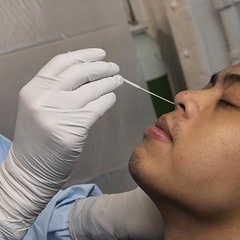
8 Sep 2020
Antiretroviral therapy fails to treat one-third of HIV patients in Malawi hospital

2 Jul 2020
Women who experience high blood pressure during pregnancy are more likely to develop heart disease

18 Jun 2020
Improved MRI scans could aid in development of arthritis treatments
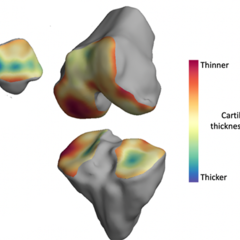
12 May 2020
Repurposing existing drugs for COVID-19 a more rapid alternative to a vaccine, say researchers

6 Apr 2020
Rapid COVID-19 diagnostic test developed by Cambridge team to be deployed in hospitals
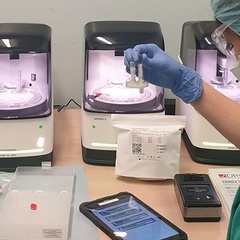
31 Mar 2020
Identification of viruses and bacteria could be sped up through computational methods
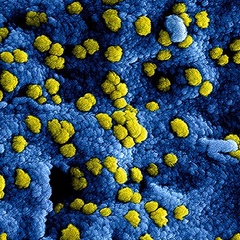
20 Mar 2020
Cambridge research team working towards vaccine against COVID-19

20 Mar 2020
World’s first artificial pancreas app licensed for people with type 1 diabetes in UK

20 Mar 2020
Inflammation in the brain linked to several forms of dementia

2 Mar 2020
Ground-breaking ceremony celebrates start of construction work on new Heart and Lung Research Institute in Cambridge

28 Jan 2020
Drug improves symptoms of autism by targeting brain’s chemical messengers

23 Jan 2020
Magnetised molecules used to monitor breast cancer
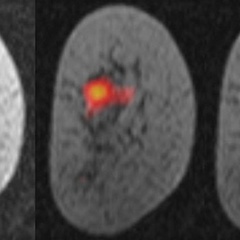
16 Dec 2019
Study highlights potential for ‘liquid health check’ to predict disease risk

5 Nov 2019
Regeneration mechanism discovered in mice could provide target for drugs to combat chronic liver disease
